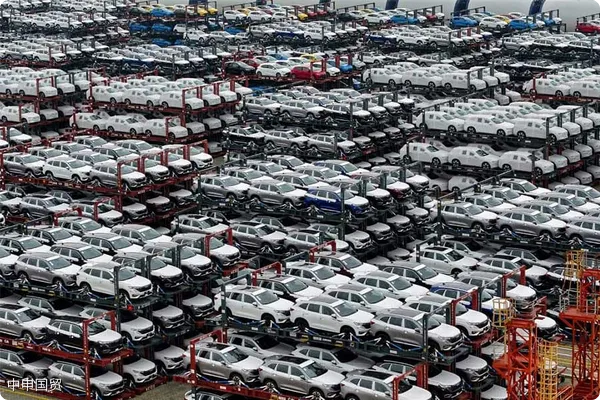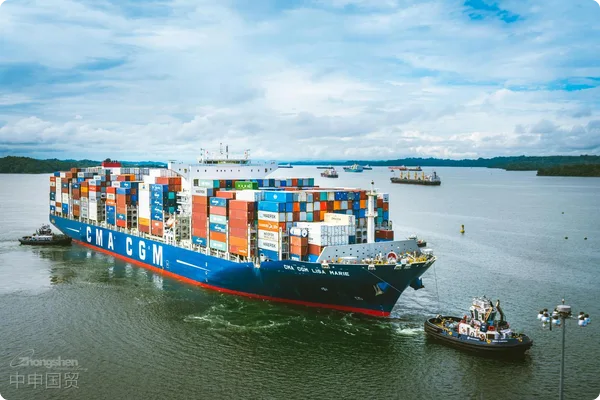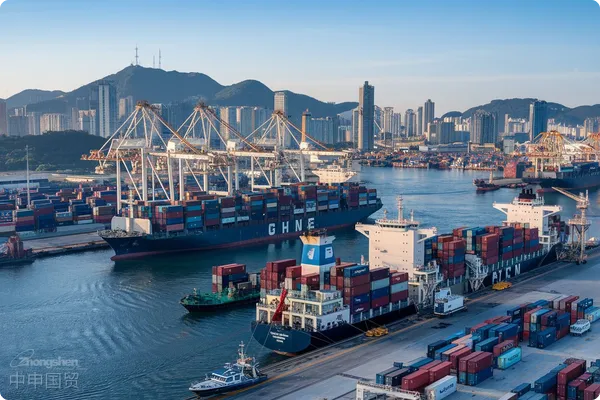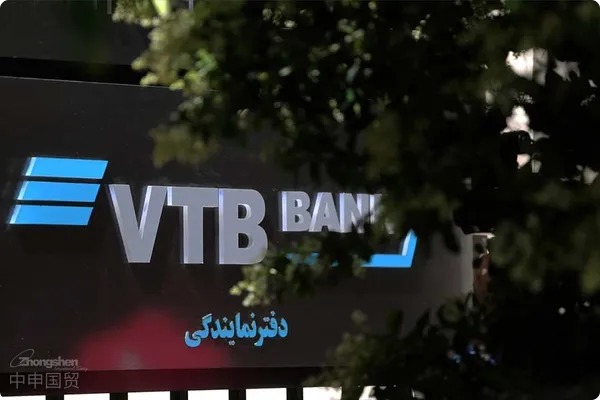- Shanghai Zhongshen International Trade Co., Ltd. - Two decades of trade agency expertise.
- Service Hotline: 139 1787 2118
Recently, commercial disputes between the EU and China entered a new phase. The EU accused Chinese EV manufacturers of receiving unfair state subsidies that distort market competition, leading to 37.5% tariffs on Chinas auto sector, effective fall 2024.
Chinas Ministry of Commerce Launches Trade Barrier Investigation
In response, Chinas Ministry of Commerce swiftly issued a statement announcing it was reviewing whether the EUs investigation into Chinese enterprises constitutes trade barriers. The Ministry stated, The Ministry of Commerce is investigating the EUs practices of setting up trade and investment barriers against Chinese enterprises, and would assess whether Chinese companies have suffered losses in the EU market due to the investigation initiated by the EU.
The investigation, launched on July 10, 2024, will continue until January 10, 2025, with a possible extension to April. Notably, according to Reuters, while the Ministrys statement did not mention electric vehicles, the sectors involved in the investigation include rail transport, wind power, andphotovoltaicenergy and safety-related products.

Background and Impact of Trade Disputes
At the core of this trade dispute is the EUs allegations against Chinas electric vehicle industry. The EU claims that Chinese EV manufacturers, supported by government subsidies and other forms of assistance, can enter the EU market at prices below market rates, making it difficult for local EU companies to compete. As a result, the EU has decided to impose high tariffs on Chinese EV imports to protect domestic industries.
However, China argues that the EUs actions constitute unfair treatment and the creation of trade and investment barriers. The Ministry of Commerces investigation aims to verify this claim and gather evidence for potential further action if necessary.
EU Allegations Against Chinese Electric Vehicles
The EUs allegations primarily focus on the following aspects:
- State Aid: The EU believes Chinese EV companies receive substantial subsidies and other forms of government support, enabling them to enter the EU market at prices below actual costs.
- Market Distortion: The ability of Chinese companies to sell EVs at low prices creates unfair competitive pressure on EU businesses, leading to market distortion.
- Industry Impact: The EU fears this unfair competition will have long-term negative effects on its EV sector, weakening the competitiveness of local companies.
Chinas Response and Scope of Investigation
The Ministry of Commerces response indicates Chinas rejection of the EUs allegations and its view that the EUs actions themselves constitute trade barriers. The investigation extends beyond EVs to include rail transport, wind power, photovoltaic energy, and safety-related products, suggesting a comprehensive evaluation of EU trade policies to determine systemic unfair treatment.
Possible Outcomes and Impacts of the Investigation
If the Ministrys investigation confirms the EUs actions as trade barriers, China may take the following measures:
- Filing a Complaint with the WTO: China could lodge a complaint with the WTO, accusing the EU of violating international trade rules.
- Implementing Countermeasures: China might impose retaliatory tariffs on certain EU products to offset losses caused by EU tariffs.
- Strengthening Domestic Support: The Chinese government could enhance support for domestic companies to help them navigate EU trade barriers.
Related Recommendations
? 2025. All Rights Reserved. Shanghai ICP No. 2023007705-2  PSB Record: Shanghai No.31011502009912
PSB Record: Shanghai No.31011502009912










